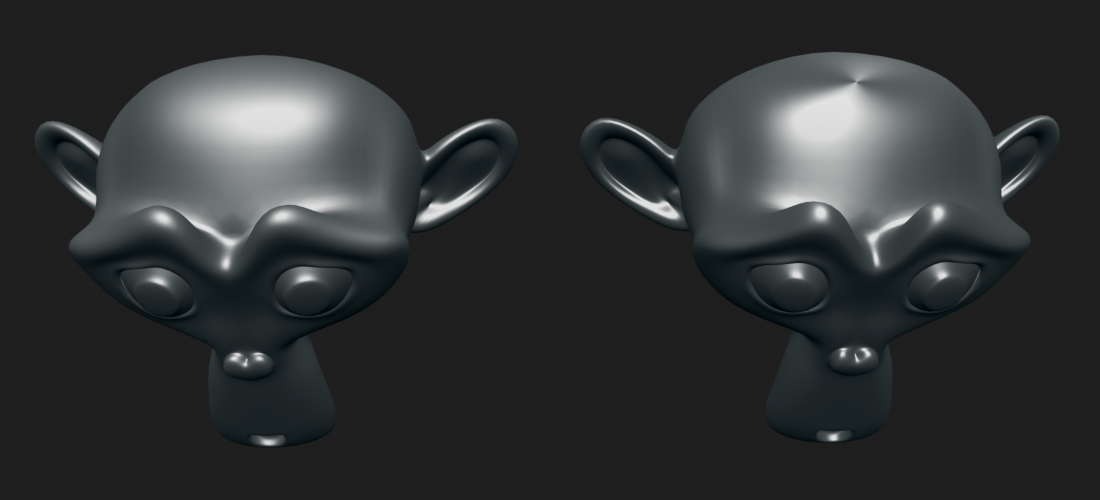Shadow Generations Standard Shader Behaviors: Difference between revisions
Appearance
Justin113D (talk | contribs) m Justin113D moved page Shadow Generations Shader Models to Shadow Generations Standard Shader Behaviors: Page gains more info alongside the models |
Justin113D (talk | contribs) Added new sections, all TODO |
||
| Line 1: | Line 1: | ||
[[Shadow Generations Shaders|Return to shaders list]] | |||
Basically all material shaders in Shadow Generations follow a set of behaviors that can be assumed to be used unless specified otherwise | |||
== Render Layers == | |||
TODO | |||
== Pixel Shader == | |||
=== Shader Models === | |||
All material shaders make use of one of those shader models, which loosely determine how a shader interacts with lightning and more. | |||
{| class="wikitable" width="90%" style="margin: auto;" | {| class="wikitable" width="90%" style="margin: auto;" | ||
| Line 41: | Line 53: | ||
| | | | ||
|} | |} | ||
=== Noise === | |||
TODO | |||
=== Global Illumination === | |||
TODO | |||
== Vertex Shader == | |||
=== Billboards === | |||
TODO | |||
=== Bone Weights === | |||
TODO | |||
=== Multiple Tangents === | |||
TODO | |||
== Other == | |||
=== Subsurface Scattering === | |||
TODO | |||
=== Anisotropic Reflections === | |||
TODO | |||
=== Instancing === | |||
TODO | |||
==== Compute instancing ==== | |||
TODO | |||
Revision as of 19:22, 10 August 2025
Basically all material shaders in Shadow Generations follow a set of behaviors that can be assumed to be used unless specified otherwise
Render Layers
TODO
Pixel Shader
Shader Models
All material shaders make use of one of those shader models, which loosely determine how a shader interacts with lightning and more.
| Index | Name | Description |
|---|---|---|
| 0 | Clear | Technically, this is the "no shader model" shader model, and so far no shader has been discovered that uses it. It is used to determine where to draw the skybox |
| 1 | Unlit | These shaders do no interact with lighting at all, but just render out the emission channel and use that as is. These shaders allow for custom lighting behavior. |
| 2 | Standard (PBR) | The "default" shading model, which is used by the majority of all material shaders. It uses the standard physically based rendering lighting model.
This shading model is also affected by weather effects |
| 3 | Subsurface Scattering (PBR) | Identical to the standard PBR model, with added subsurface scattering lighting. |
| 4 | Anisotropic Reflections (PBR) | Identical to the standard PBR model, with one exception: Reflections are rendered using with anisotropic distribution.
 |
| 5 | Unknown | |
| 6 | Unknown | |
| 7 | Unknown |
Noise
TODO
Global Illumination
TODO
Vertex Shader
Billboards
TODO
Bone Weights
TODO
Multiple Tangents
TODO
Other
Subsurface Scattering
TODO
Anisotropic Reflections
TODO
Instancing
TODO
Compute instancing
TODO